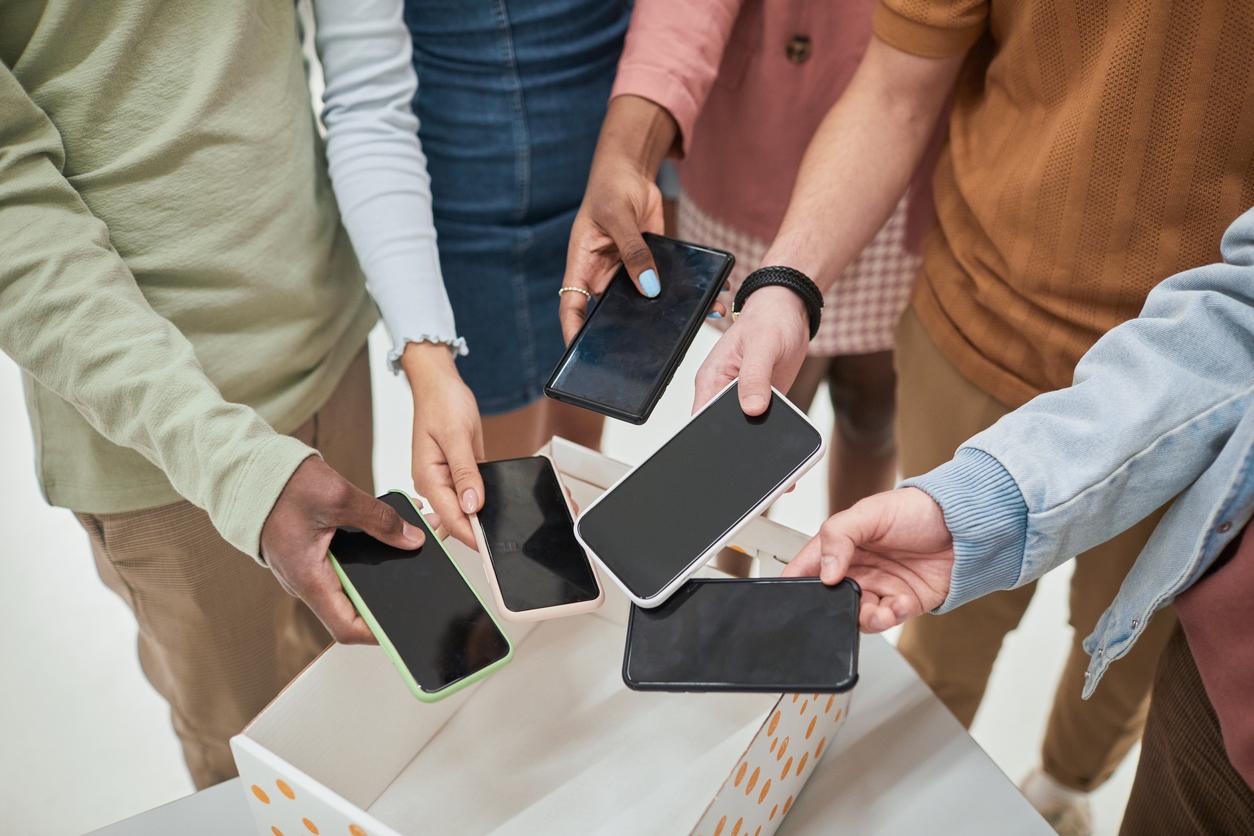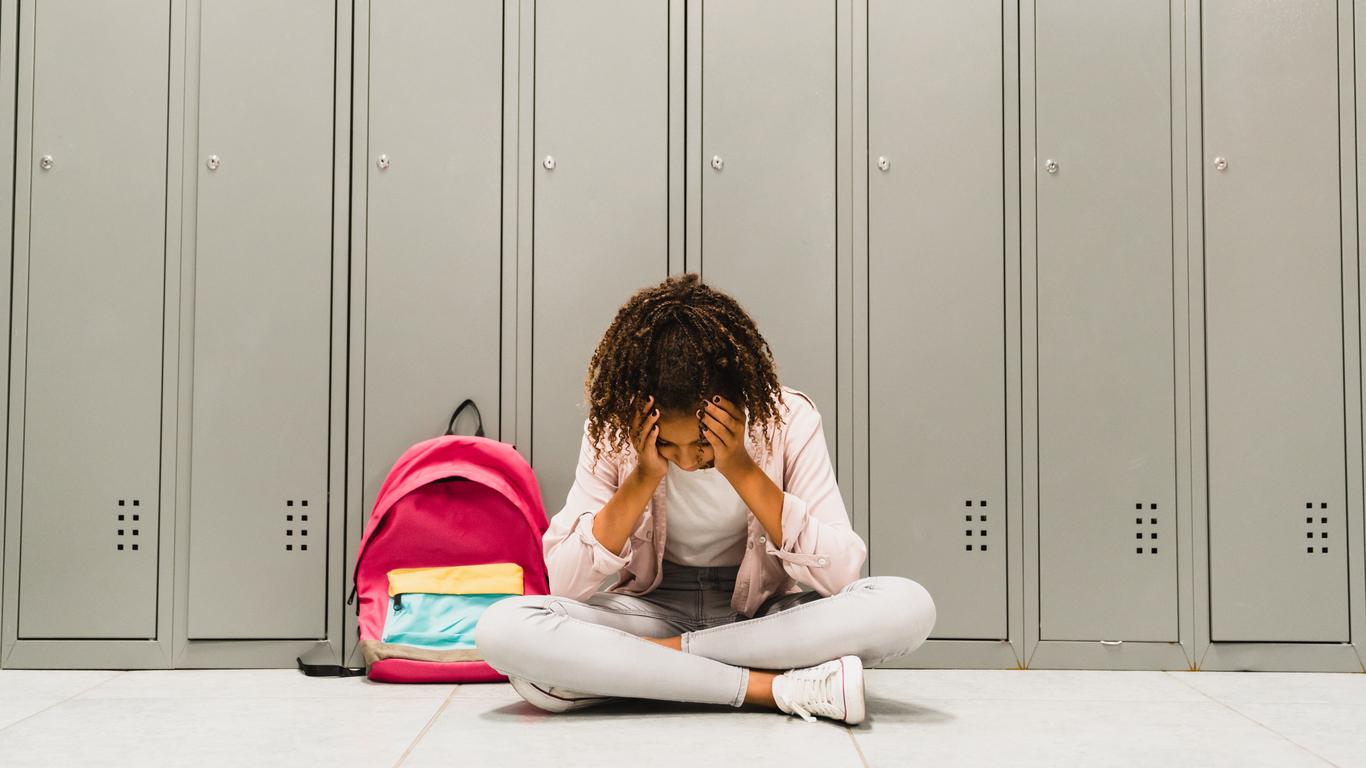A few days ago, the Federation of General Student Associations (Fage) interviewed 6,518 people to take stock of access to periodic protection for French students. The result is edifying: 33% of them cannot access it without financial assistance, as explained in the study published on February 8, 2021. To respond to this menstrual precariousness, the Minister of Higher Education Frédérique Vidal, announced on February 23 that periodic protections will be distributed free of charge to students in universities and Crous, as of the next school year. The first distributors will be gradually installed in university residences and student health services. “We are aiming for 1,500 distributors and full free admission at the start of the school year” announced the Secretary of State.
One year of hygienic protection costs 285 euros per person. Too high a cost for many students. Remember that 20% of students live below the poverty line in France. The girls then find themselves in a precarious period of menstruation, with “serious consequences affecting physical health (itching, infections, toxic shocks that can cause death) as well as mental and social health (strong feeling of ill-being, loss of self-confidence, socialization difficulties, etc.)“, recalls the Fage.
Choosing between a tampon and an essential purchase
The rules require spending money on periodic protection such as tampons, pads, etc. But also in painkillers, underwear and bedding. In the investigation carried out by La Fage, 13% of those questioned answered that they had already had to choose between hygienic protection and another essential item. To the question of: “what would you do with the money spent on protection if you did not have to buy it?”, Some answer “I would eat my fill“. So much so that 1 in 10 students make their own protections and that one in 20 uses toilet paper.
To fight against this, associations have set up various options, such as the distribution of hygiene kits by the Agency for Donation in Kind throughout France, or solidarity grocery stores, such as Agoraé in Paris, where everything is sold to 10% of the market price To supplement this aid, the national association of midwives would like to see free dispensers installed in public places, and not only in women’s toilets.
Read also:
- To help fight against menstrual insecurity, Internet users are mobilizing on Instagram
- Menstrual precariousness: Vania in the countryside with the Secours Populaire















